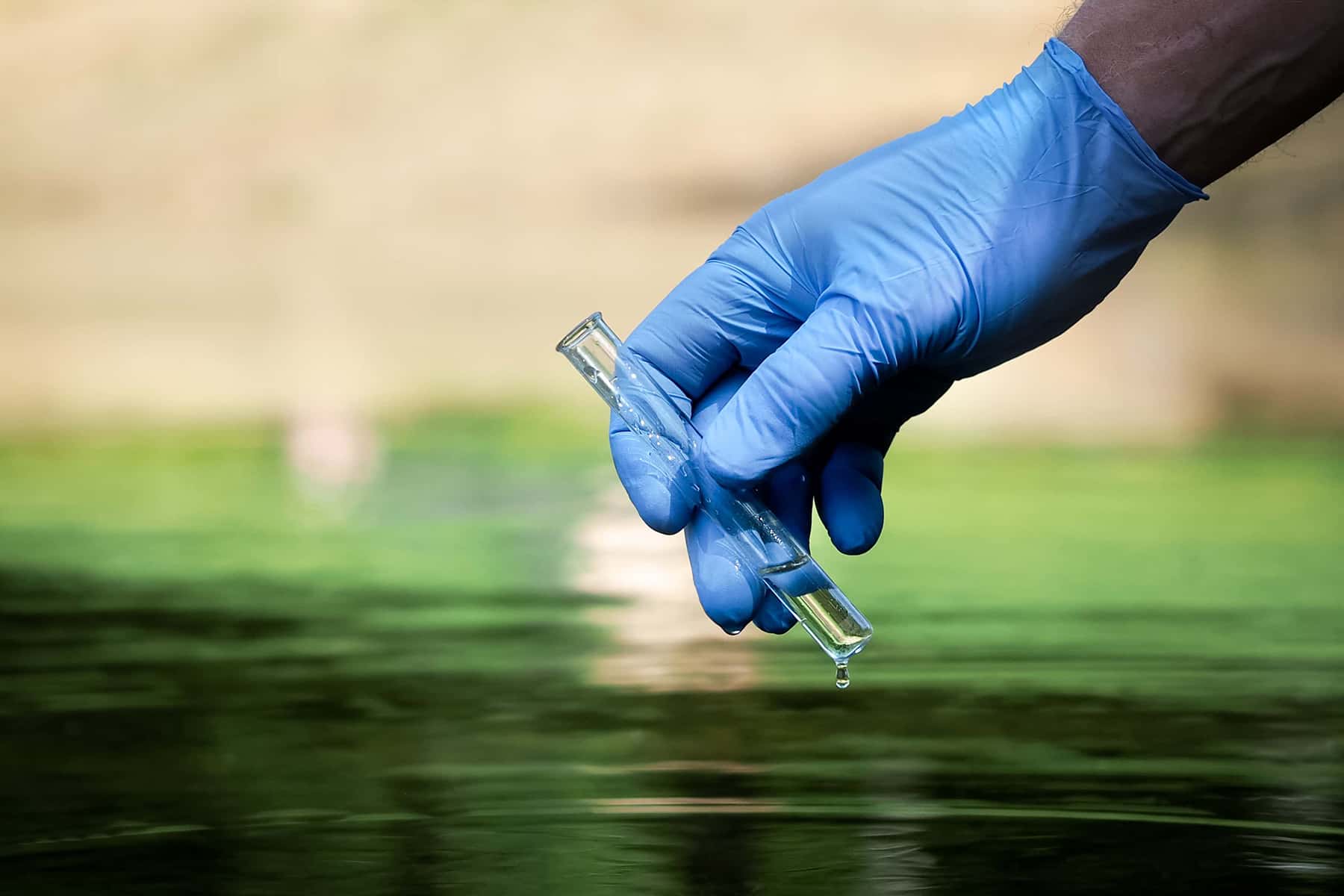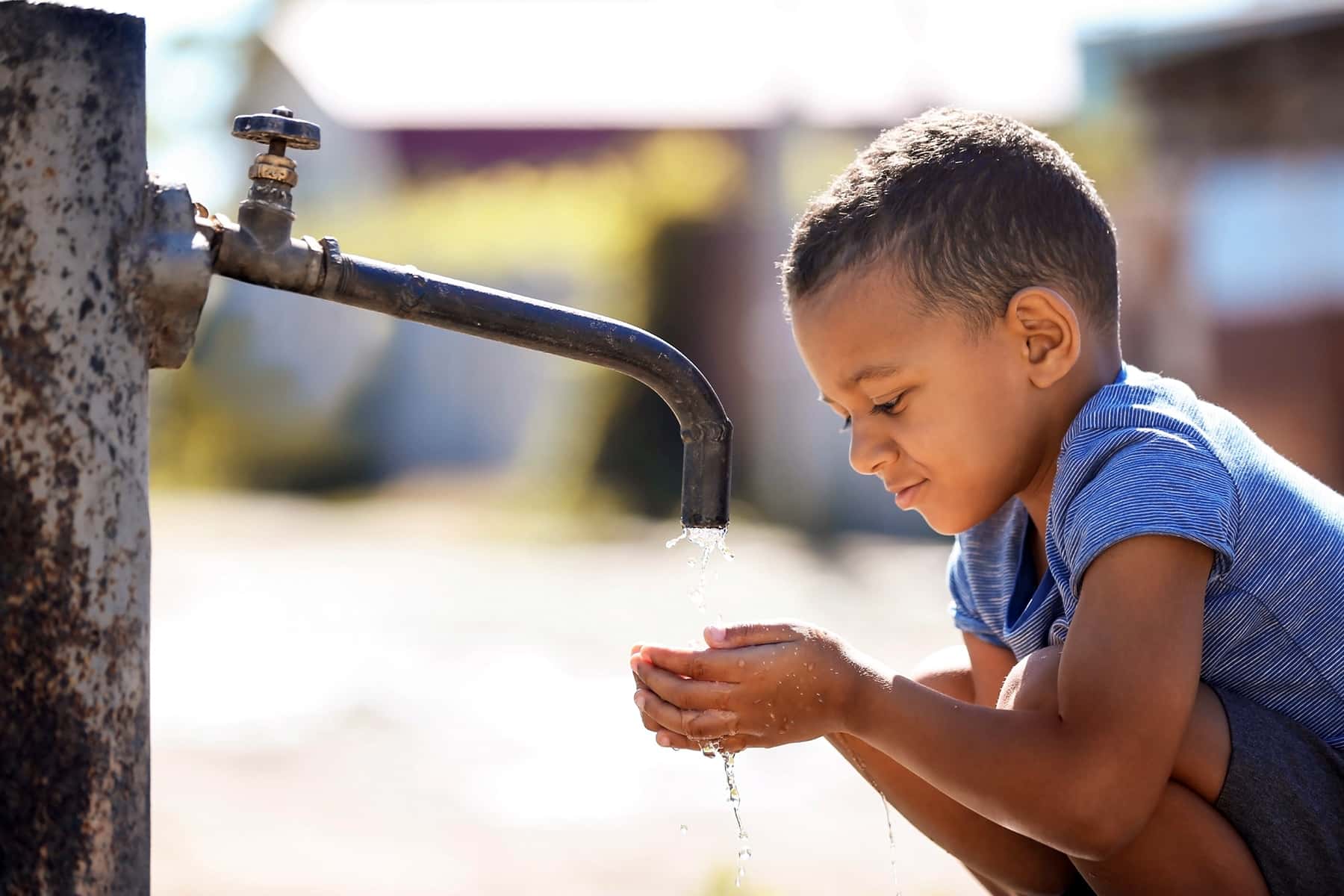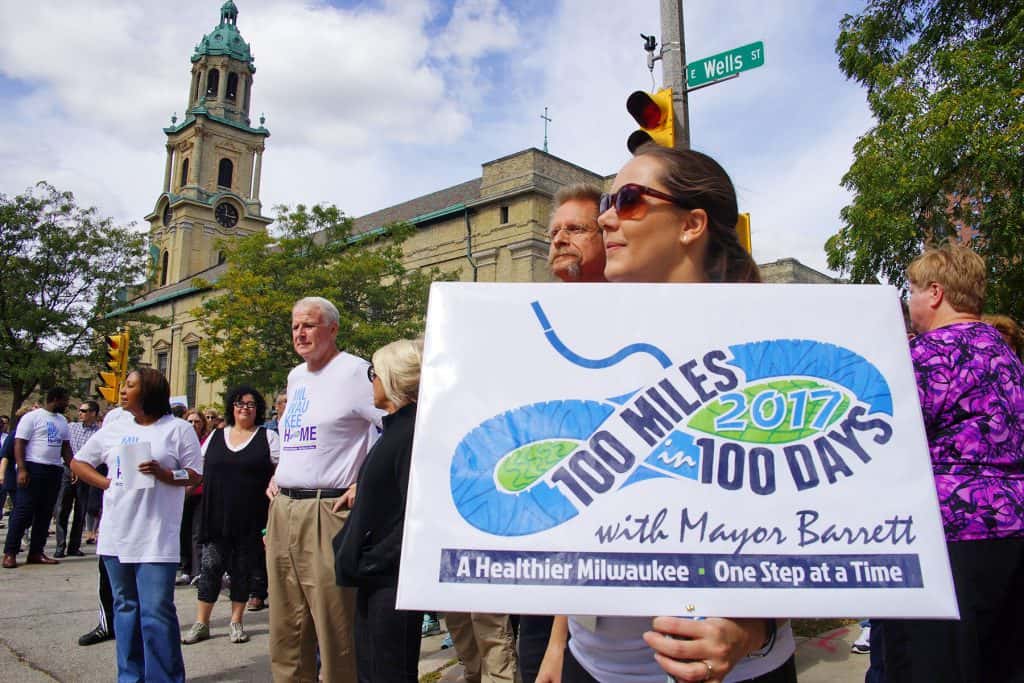
Governor Tony Evers announced the release of the Year of Clean Drinking Water Report on January 8, prepared at his request by the Wisconsin Department of Natural Resources (DNR) outlining the path to clean water for all.
Governor Evers declared 2019 the Year of Clean Drinking Water. Action began immediately with several key initiatives that were included in the Governor’s 2019-21 biennial budget proposal. At the governor’s request, the DNR compiled the Year of Clean Drinking Water Report which focuses on accomplishments and plans for achieving and maintaining clean drinking water throughout the state.
“My administration is continuing to connect the dots to address the challenges of getting safe drinking water to all Wisconsinites. But we are going to need to take more action in the future to achieve our goals and that will take bold legislative action,” Governor Evers said. “This report and the previous recommendations to the Speaker’s Water Quality Task Force provide a good road map for the tough work ahead.”
The report highlights the fight for Wisconsin’s drinking water, unsafe levels of nitrates posing drinking water dangers statewide, emerging health concerns regarding PFAS contamination across the state and the need for lead service line replacement.
“The DNR has spent the last year moving forward on three fronts to bring clean drinking water to people across our state,” said Preston D. Cole, DNR Secretary-designee. “This report identifies several achievements to address the problem of contamination in our private drinking water wells, the threat posed by lead service lines in public water systems and the emerging threat from human made chemical compounds such as PFAS. Now we must collectively move forward on the hard work ahead, as outlined in this report.”
A bipartisan group of lawmakers also released more than a dozen new bills on January 8 aimed at improving and promoting water quality in Wisconsin. The packages would:
- Create a $1 million “nitrogen optimization pilot program” that would give grants to farmers and universities to work on projects that reduce the amount of manure used when growing crops.
- Require the UW Board of Regents to create a three-year project position for a hydrogeologist within the Wisconsin Geological and Natural History Survey.
- Create a grant program for county groundwater and well testing, as well as assessments of water quality, geology and well construction.
- Require local governments to inform their residents of the importance of regular well testing.
- Require the state agriculture department to coordinate with the state Department of Natural Resources on a program to collect and store or dispose of firefighting foam that contains PFAS, so-called “forever chemicals” that have seeped into some Wisconsin groundwater and are known to cause health problems.
- Bar the sale of coal tar-based sealant products, which are used to maintain and protect driveway and parking lot asphalt pavement, and high PAH sealant products, which have been linked to health problems, beginning January 1, 2021.
The measures have a short time to make their way through the legislative process if they are to become law this year. Lawmakers are expected to end the current legislative session and leave Madison for the year by early spring. In October, Governor Evers endorsed water quality recommendations from the DNR, Department of Agriculture, Trade, and Consumer Protection, and the Department of Health Services following the Speaker’s Task Force on Water Quality hearings.
At the governor’s direction, senior staff from each of those agencies attended the hearings, testified before the Task Force, and listened to the concerns voiced by the people of Wisconsin. The most extensive feedback the Task Force received focused on five areas: 1) nitrate in groundwater; 2) non-point pollution; 3) PFAS; 4) lead in drinking water; and 5) pathogens in groundwater. A letter detailing the agencies’ recommendations can be found here.















